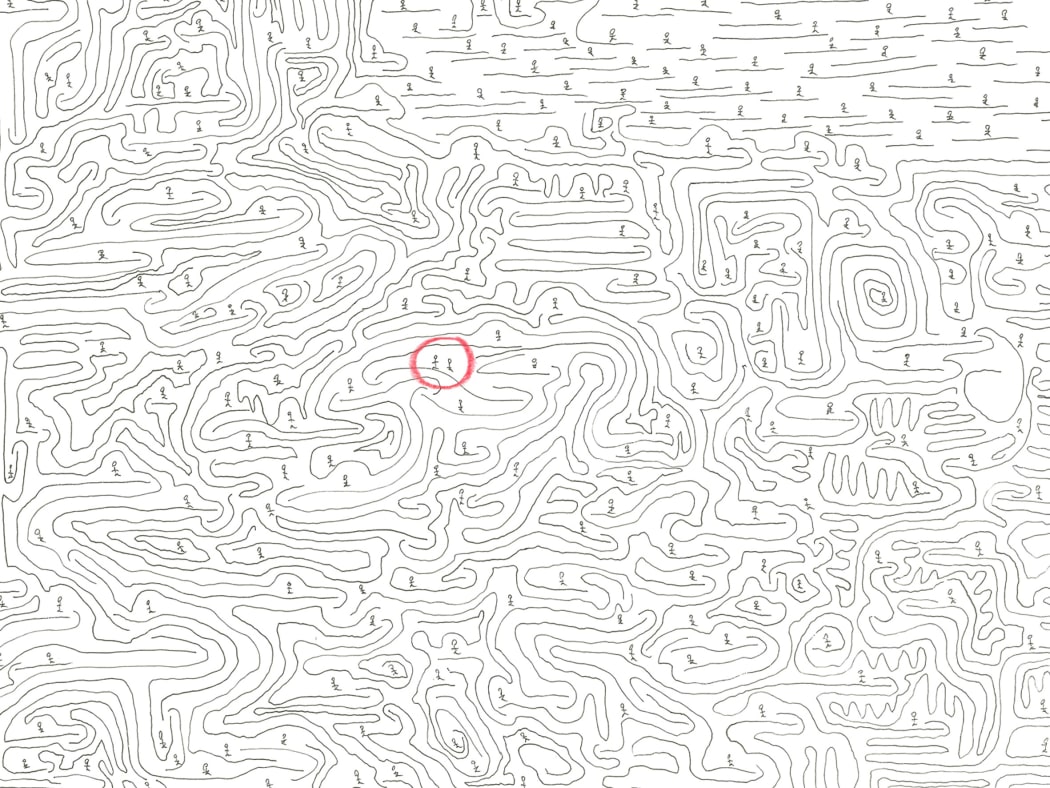
...And nature recovered its lost ground: fish in Venice's canals, deer in the middle of the roads, coyotes on the streets of San Francisco, wild plants pushing their way up through concrete, cleaner air and less noise pollution in cities... The idea was not to leave anyone behind... But it was only a parenthesis, a reminder not deep enough to really revisit the social-natural contract, to learn the animal's ability to adapt and adopt more complex intelligence models to once and for all assimilate that growth per se cannot be the aim.
Right now it is not the time for megaprojects. The key is the scale, it is changing what we may really touch, to choose minimal gestures for a maximum effect, to apply the notion of arm's length, equal terms. Intelligence hangs on empathy. Empathy and gratitude.
Gratitude is the title of one of the last essays by Oliver Sacks, in which he wrote the following words: "It is the fate of every human being to be a unique individual, to find his own path, to live his own life, to die his own death (...) My predominant feeling is one of gratitude. I have loved and been loved. I have given much and I have given something in return. Above all, I have been a sentient being, a thinking animal, on this beautiful planet, and that in itself has been an enormous privilege and adventure."
When viewing these days the documentary Oliver Sacks: His own life, we may rediscover a complex, contradictory, vital, passionate and highly empathic personality. Neurologist and writer, Sacks did not want to be a theoretician, but rather stay close to his patients, many of them in very serious and desperate conditions, to ask them "how they were", to listen to their answers and write their stories. However, it was only after several of his books had reached quite a large audience that the medical establishment started to take his research, which contributed to a better understanding of how the brain works and the diversity of human experience, seriously.
Creative thinking (not only that of male or female artists -by the way, how much we need now to also recover Joseph Beuys!-) is organised along these very same assumptions, it follows individual, idiosyncratic processes, to put oneself "in another's shoes", it is transversal, it allows us to see things from renewed points of view... This is the type of thinking that we must put into practice and fight for, the one that will reconcile us with ourselves and with our environment.

